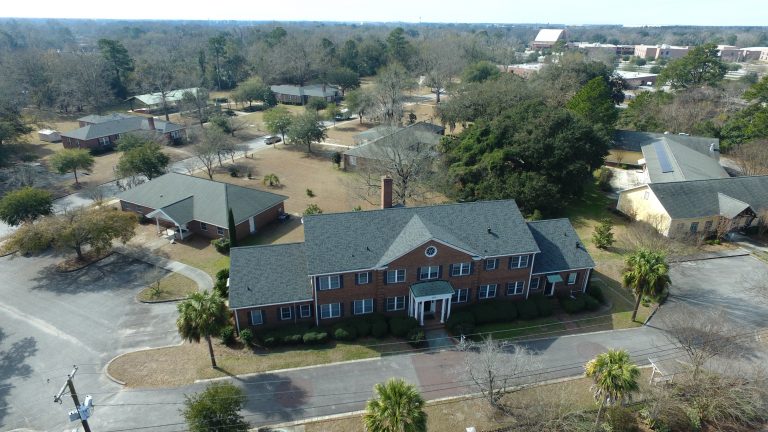CHARLESTON COUNTY CAMPUS
family support services
Helping Families Across Charleston County
Empowering and equipping our community’s most vulnerable children by providing a safe environment, education support and, career readiness, in collaboration with families and community partners.

Supporting parents within our communities
Find the support your family needs to learn, grow, and connect. These foundational lessons are protective factors for thriving families.

Strengthening and reunifying families
Parents in our community are never alone with Landmarks workshops, groups, and one-on-one support for caregivers.

Sheltering at-risk youth
Every child deserves a safe, stable place to call home. Landmarks for Families is proud to provide safe spaces for children across our community.
About the Charleston County Campus
The Landmarks for Families North Charleston campus is the headquarters for all programs and services and is home to the Landmarks for Families administrative offices. This 16-acre campus is equipped with:
- The Bakker Career Center, featuring a full-service cafeteria, auto lab, computer lab, library, and workout room
- The George Williams Family Support Center, where on-site therapists, family support coaches, and case managers deliver services
- The Center for Life, with a music studio, yoga room, art room, game room, and central gathering space for after-school and summer enrichment activities
- 3 residential cottages
- The Administrative Building where finance, operations, development, and senior leadership teams operate

Help us build a better future for children & families
At Landmarks, we believe in the power of community. Every action, no matter how small, has the ability to improve lives around us. Join us in creating a brighter world and better, safer futures for children and families.